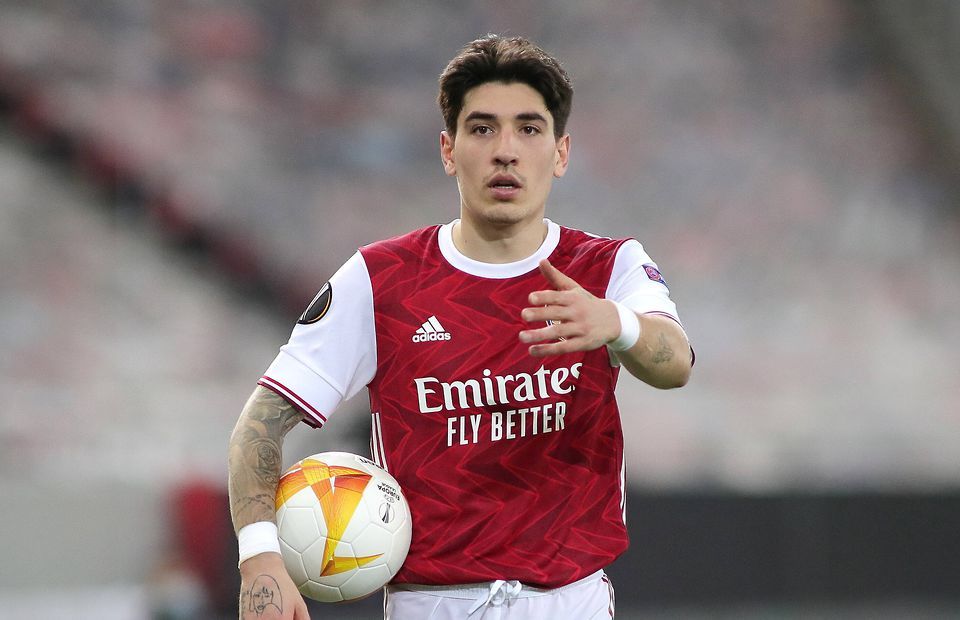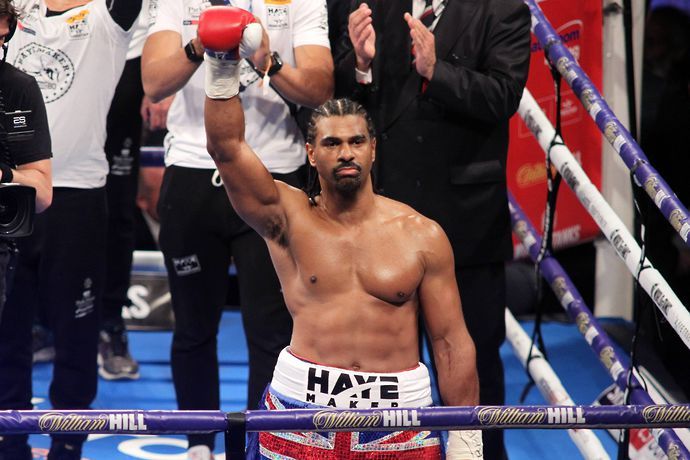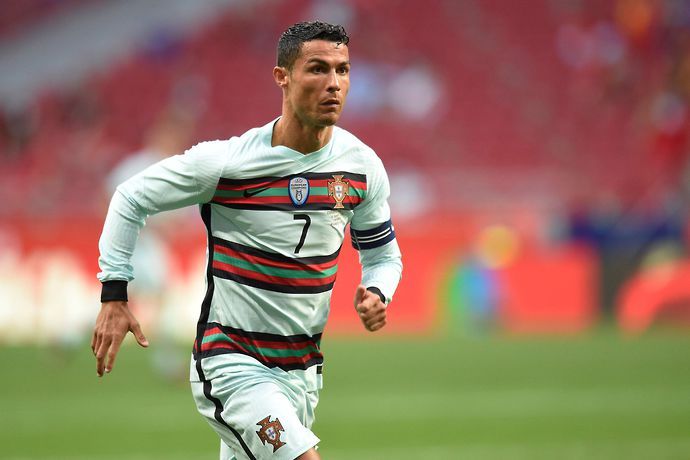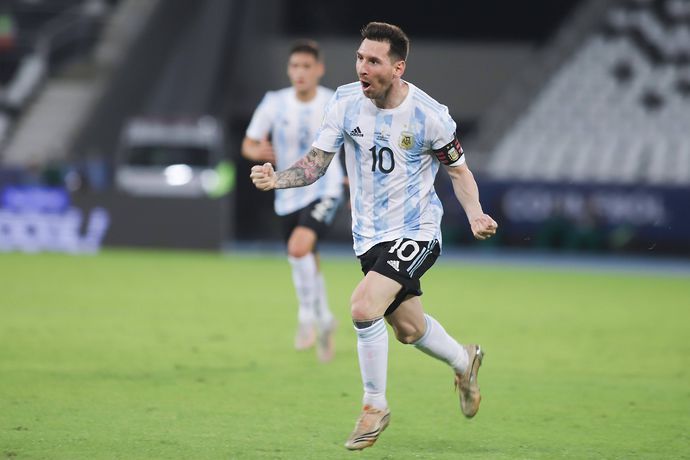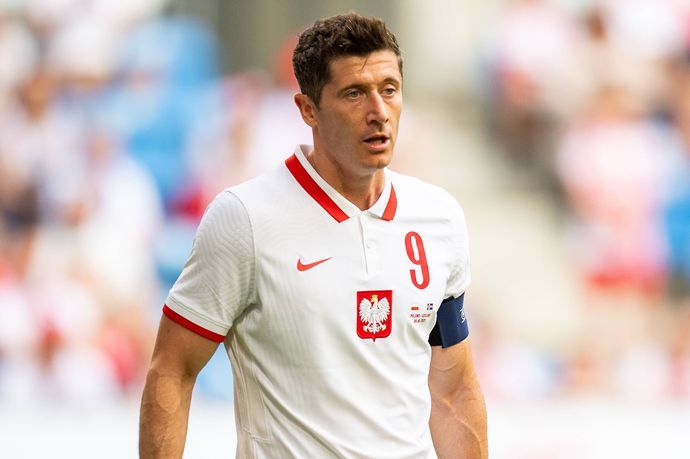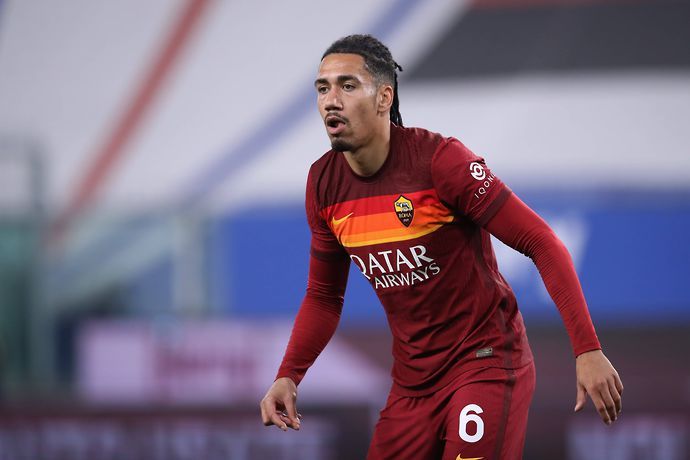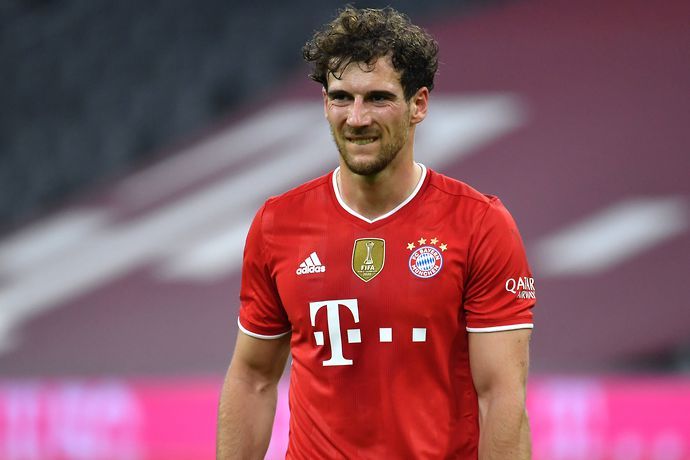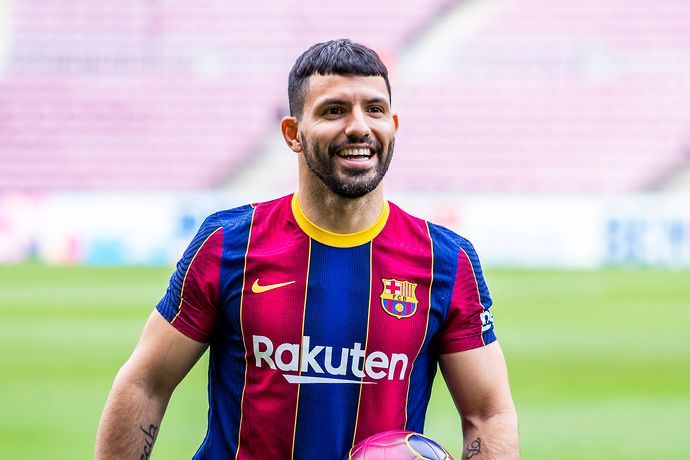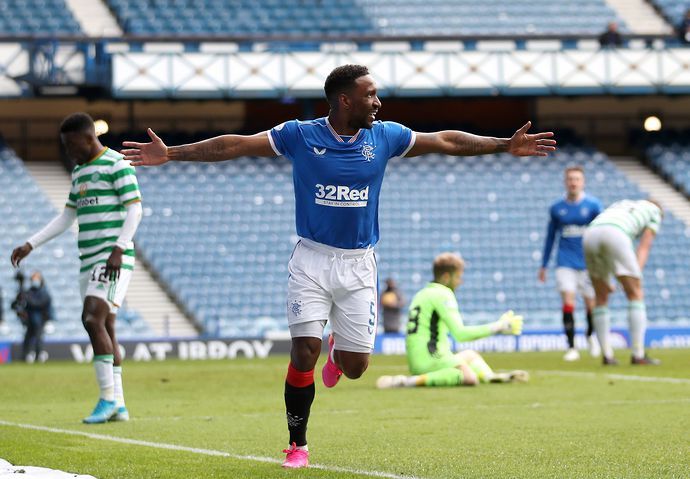Footballers' diets have been transformed in the past thirty years, particularly since the arrival of Arsene Wenger on English shores.
With football players perennially searching for marginal gains to maximise their chances of success, nutrition has become an increasingly important part of the game.
How players fuel their bodies directly impacts their athletic performance and it's an aspect of their lives that they can directly control and influence.
This change in attitude has coincided with a broader acceptance of veganism across society. A dietary choice that was once derided by the masses has become increasingly popular amid a tidal wave of evidence laying bare the environmental and health implications of over consumption of meat.
One footballer who has embraced veganism in order to optimise their athletic performance is Hector Bellerin.
Arsenal's star full-back is one of the most famous vegan footballers in the game, and he recently opened up on his decision to make substantial changes to his diet during an insightful interview with the High Performance Podcast.
"I've been vegan for four years now. And the first time that I asked the nutritionist which was probably six years ago about going vegetarian, his answer was like cave man used to hunt so we need meat."
Despite the nutritionist's archaic standpoint on the relationship between strength, muscle mass and the need for a diet to be rich in animal products, ironically it was an encounter with heavyweight boxer David Haye that convinced him to convert to veganism.
"Two years later after researching and information I spoke to David Haye one day that I met him at dinner and he said he'd become vegan for a few years and he wishes that he would have done that before because it's helped him so much.
"So certain things happened that pushed me to do it. And then no one really asked questions."
Bellerin has suffered his fair share of injuries during his time with the Gunners and his struggle to remain fit for a prolonged period of time has disrupted his development.
The issues he encountered following his return from an ACL injury prompted suggestions that his vegan diet may be responsible for recurring niggles, but he eventually proved those doubters wrong.
Sancho "DEAL CLOSE" | Hakimi to Chelsea Update | Anthony Martial to be Sold | Lokonga to Arsenal
"I've played I think like 30 games or something this year. I've played like six games in a row, which I didn't do since before my injury. And it's been fine in terms of that. So I was able to prove that that wasn't the issue. There was another issue, but we sorted it out anyway."
But Bellerin isn't alone in his dietary choices. A handful of world-class footballers have also changed their eating habits in order to optimise their physical performance, including both Cristiano Ronaldo and Lionel Messi.
Here, GIVEMESPORT look at seven players who've deviated from the norm.
Cristiano Ronaldo
The typical person eats three meals a day - breakfast, lunch and dinner - but Ronaldo is no typical person.
In order to keep his body fuelled for a day's worth of training, the Portuguese superstar eats six meals a day, including breakfast, a large snack, two lunches and two dinners.
Lionel Messi
Like Bellerin, Messi has also converted to a vegan diet to boost his longevity, and you have to say it appears to be working.
Robert Lewandowski
Robert Lewandowski has not always been the physical colossus he is today.
One of Lewandowski's first coaches once held concerns about his slender physique: “He was very thin. His legs were like sticks, and I was always scared that others would break them.”
But his marriage to Anna Stachurska, a karate World Cup bronze medalist in 2013, has clearly helped.
He has since eradicated cow's milk, soy milk, alcohol and both sugary and fatty foods from his diet.
In an interview with German media outlet Bild, Anna Lewandowska, who works as a sports nutritionist, had this to say about the duo's diet plan.
"The most important thing is training and nutrition. We refrain from lactose and wheat flour. It’s about quality food.
“Pancakes, brownies, vegetable spaghetti, porridge or millet. We also like to eat high-quality fish.
“Sometimes after training we drink beetroot juice with cinnamon or cayenne pepper."
Chris Smalling
Chris Smalling has suffered from tendonitis during his career and turned to a vegan diet in 2018 to eliminate inflammatory red meats.
Though the ethics of eating meat did bother him, the AS Roma defender predominantly made the choice to extend his career and alleviate the pain in his tendons.
He found that his symptoms improved and he hasn't looked back since.
According to Smalling, interest is rising in veganism amongst footballers: “A lot of those guys are having the same questions that I had when I started transitioning.”
Leon Goretzka
Leon Goretzka has undergone one of the most high-profile body transformations in recent times.
Bayern Munich's box-to-box demon suffered from a debilitating bowel inflammation problem early in his career and made dietary changes to combat it.
“I have changed my diet in the extreme,” Goretzka said after the Confederations Cup in 2017.
“It’s been the case for a year now.”
By eradicating gluten, dairy, pork and nuts from his daily consumption he's been able to improve his recovery time and the results speak for themselves: he's currently in the shape of his life.
Sergio Aguero
The Manchester City legend is another high-profile vegan, but he's also eliminated pasta and sugar from his diet.
Once again, Aguero's decision arrived after suffering a spate of injuries.
"I went to a doctor in Italy and he checked everything we did. And I had to change quite a bit - no more pasta, no more sugar and no meat, which I used to eat quite a bit because Argentinian meat is very good," he said in 2015.
Jermain Defoe
In Jermain Defoe's case it was actually Netflix film What the Health that convinced him to turn vegan.
The Rangers veteran has managed to play until the age of 38, which suggests his dietary choices have increased his footballing lifespan.




















